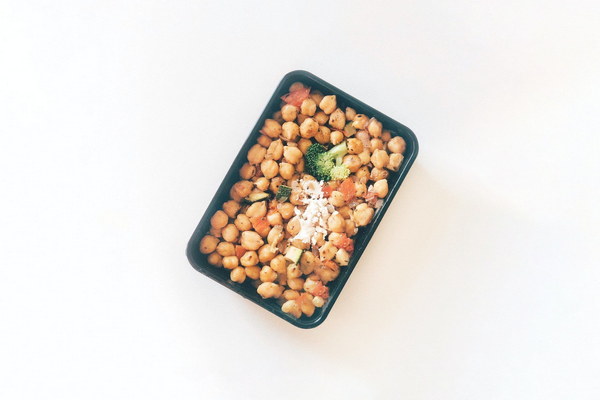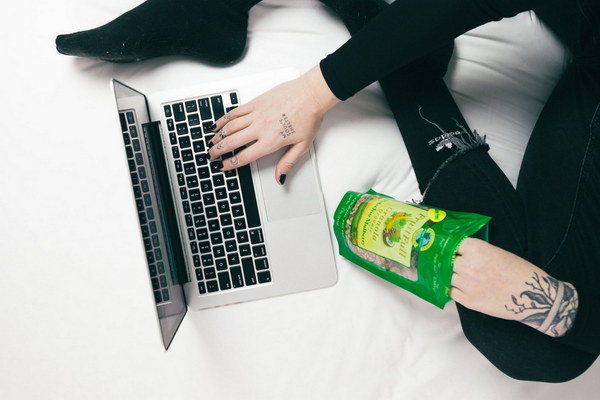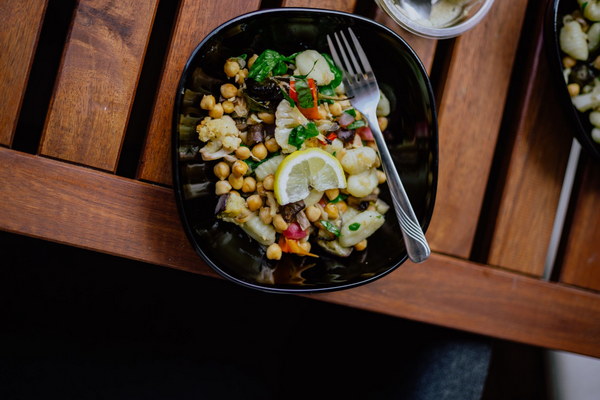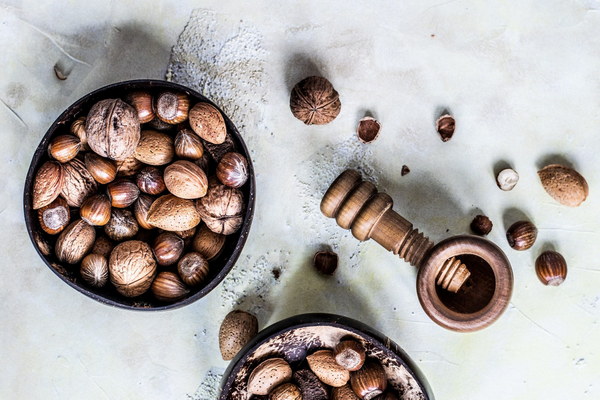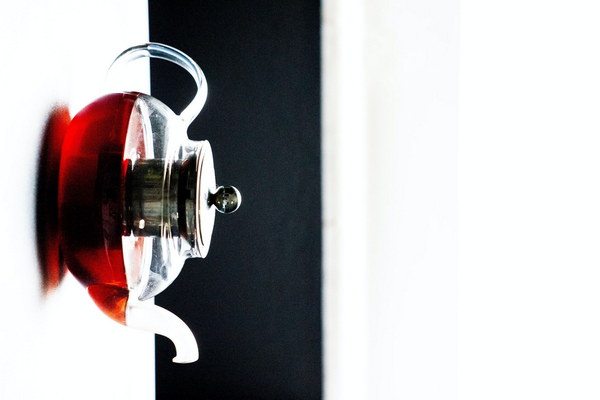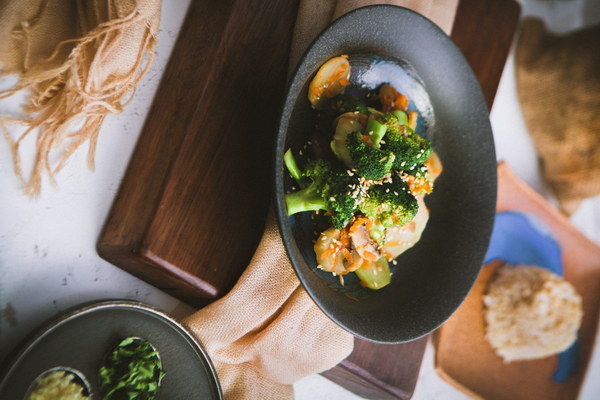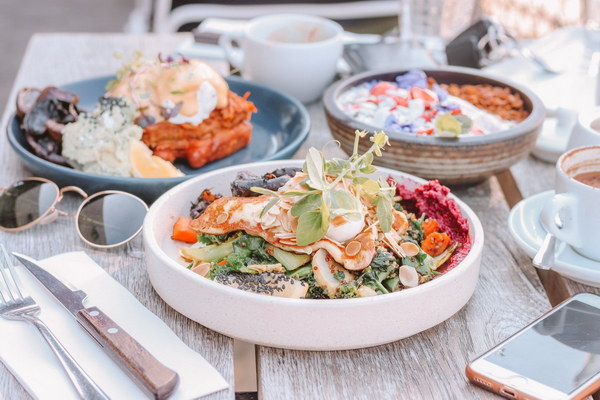Recovery and Rejuvenation Nurturing Your Body Post-Gastroscopy
After undergoing a gastroscopy, it's natural to feel a mix of relief and concern about your health and well-being. This procedure, while informative and potentially life-saving, can leave your body feeling delicate and in need of careful attention. Recovery and rejuvenation post-gastroscopy are essential for a full return to health. Here's how you can nurture your body during this crucial time.
1. Rest and Recovery
The first step in the recovery process is to ensure you get plenty of rest. Your body needs time to heal after the procedure, so avoid overexertion and allow your body to recover. Listen to your body's cues and rest when you feel tired. Resting helps your body to repair and rejuvenate itself.
2. Hydration
Hydration is key to aiding the healing process. Ensure you drink plenty of water throughout the day. Water helps to flush out any remaining sedatives or medications from the gastroscopy, supports digestion, and keeps your body hydrated. Aim for at least 8 to 10 glasses of water daily, and adjust your intake based on your body's needs.
3. Gentle Diet
Your digestive system may be sensitive following the gastroscopy. Ease back into eating by starting with a gentle, bland diet that's easy on the stomach. Begin with clear broths, bananas, rice, applesauce, and toast (BRAT diet). Gradually introduce more fiber-rich foods as your digestion improves. Avoid spicy, greasy, and high-fat foods, as they can irritate your digestive system.
4. Nutritional Support
A balanced diet is crucial for recovery. Include a variety of fruits, vegetables, whole grains, lean proteins, and healthy fats in your meals. Focus on nutrient-dense foods that provide essential vitamins and minerals. Consider taking a multivitamin supplement to bridge any nutritional gaps, especially if you've been advised to avoid certain foods.
5. Gentle Exercise

Once you've started feeling better, incorporate gentle exercise into your routine. Light walking, yoga, or stretching can help improve circulation, reduce stress, and boost your immune system. However, avoid intense workouts or heavy lifting until you've fully recovered.
6. Stress Management
Stress can affect your recovery process. Practice stress-reducing techniques such as deep breathing, meditation, and mindfulness. These practices can help you manage anxiety and promote a sense of calm and well-being.
7. Follow-Up Care
Attend all follow-up appointments with your healthcare provider. They can provide guidance on your recovery process, answer any questions you may have, and monitor your progress. Be honest about any symptoms you're experiencing, as this information is essential for your healthcare provider to make informed decisions about your care.
8. Patience
Recovery from a gastroscopy takes time. Be patient with yourself as your body heals. It's normal to experience some discomfort or fatigue during this period. Remember that taking care of your body now can help you avoid future health issues and improve your overall well-being.
By following these guidelines, you can nurture your body and support its recovery after a gastroscopy. Remember that each individual's healing process is unique, so adapt these recommendations to fit your specific needs. With time, care, and patience, you'll be on your way to rejuvenating your body and restoring your health.

